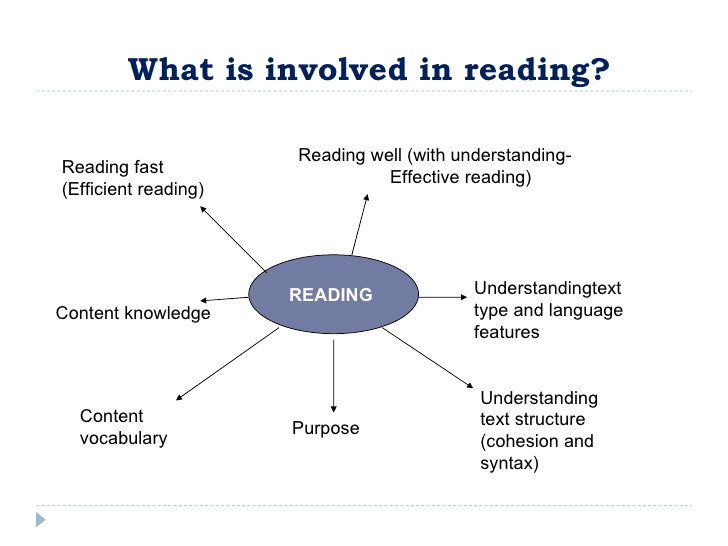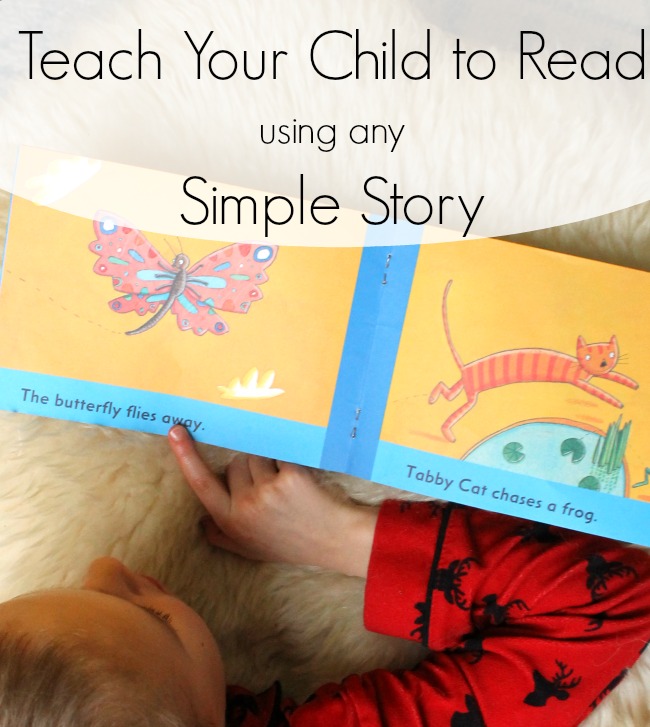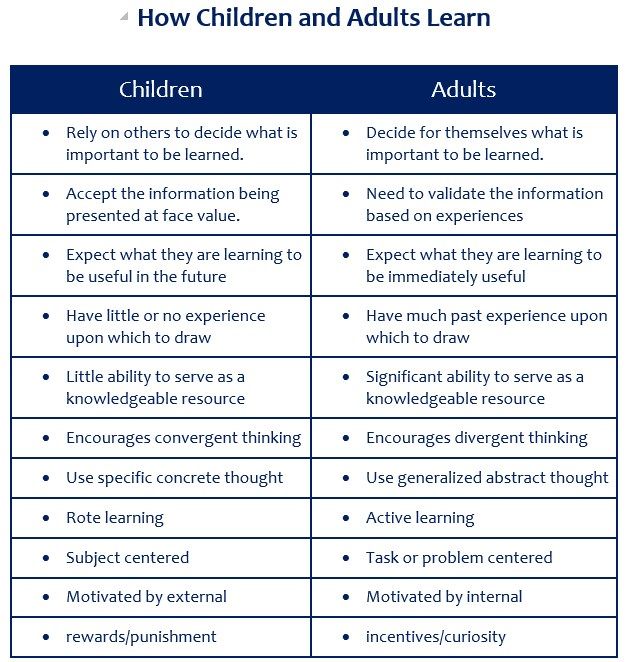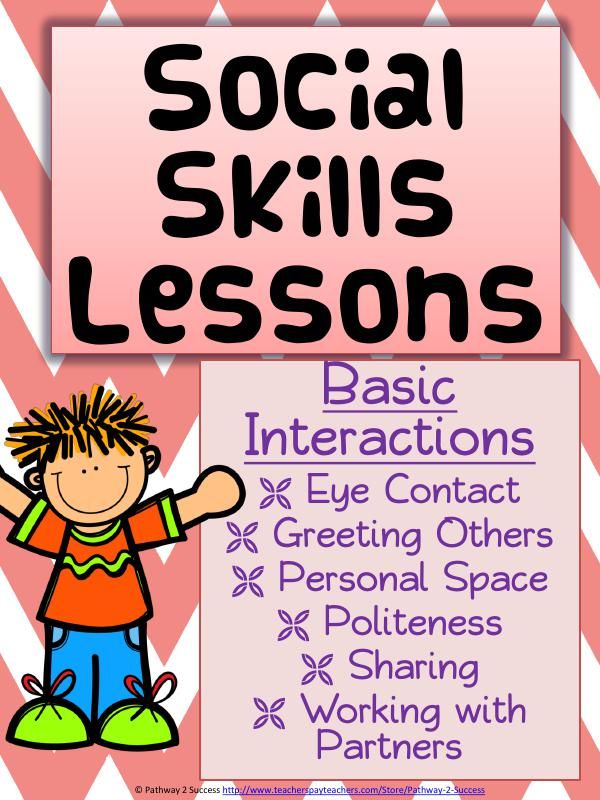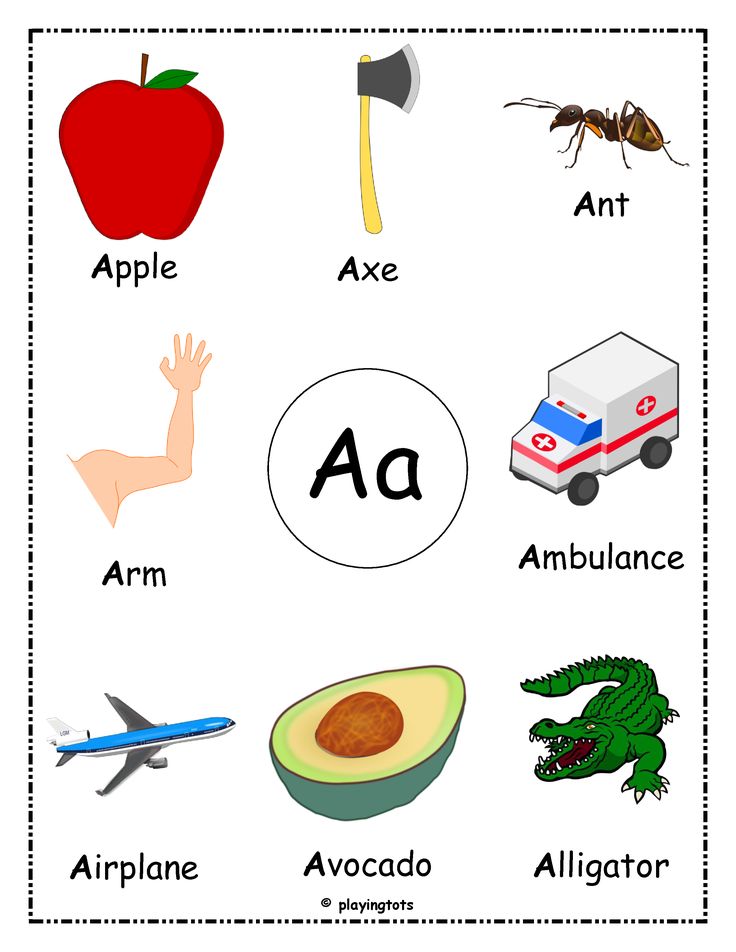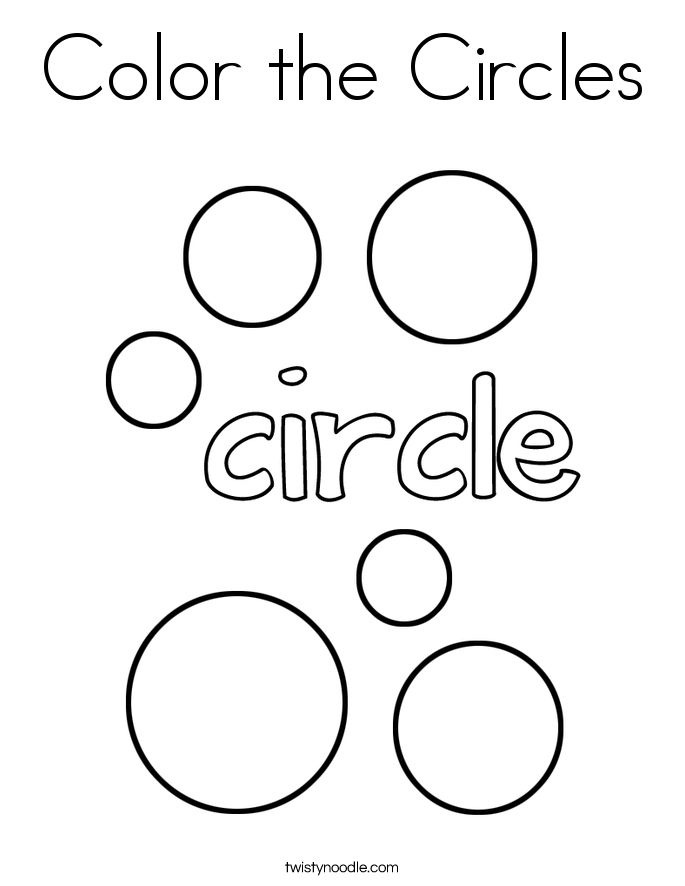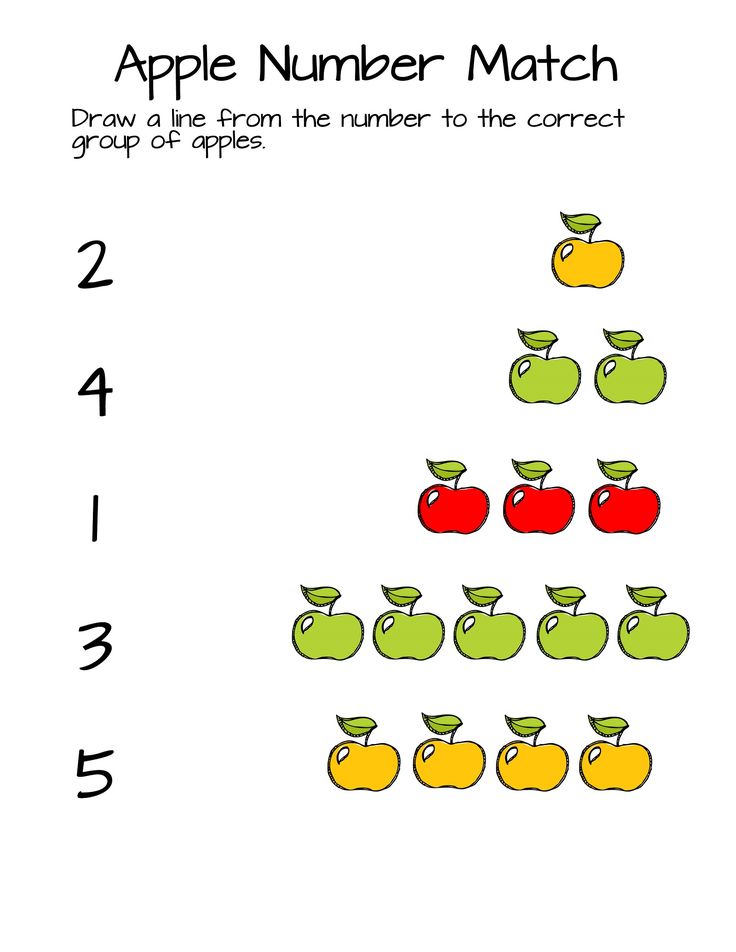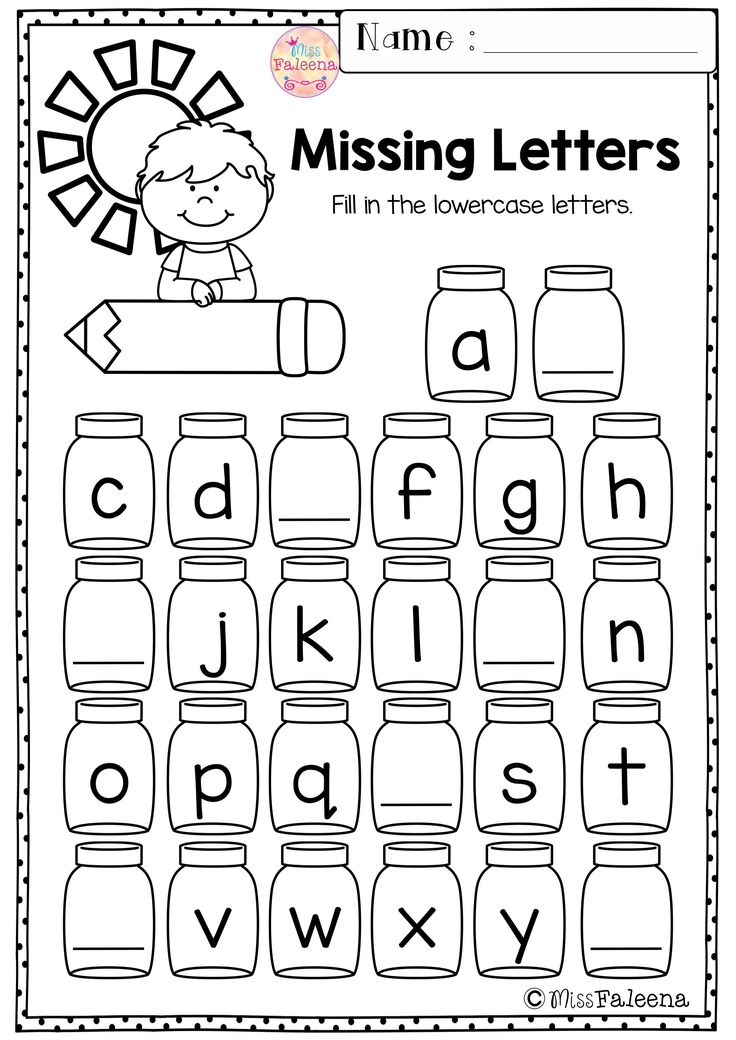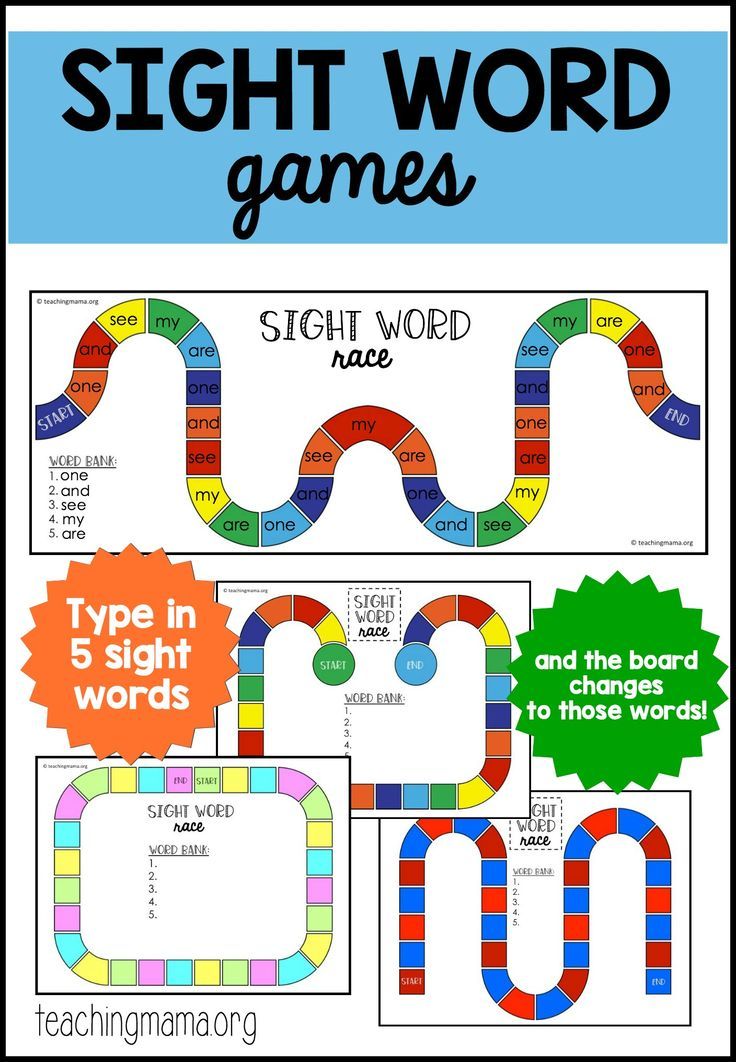Importance of reading at home
Importance of Reading at Home - Lighthouse Learning Wall
Back to the Learning Wall
Importance of Reading at Home
Dr. Kristi Smith •   June 1, 2022
Share it:
As young children continue to develop and get older, one of the most important aspects of their development is language development. Every parent is eager for their kindergartner to come home reading fluently, but that skill starts many years before. Reading at home with your children helps them to strengthen their language, vocabulary, and comprehension skills.
An article by ScienceDaily states that research shows that there can be up to a “million-word gap” for children who are not read to at home versus those who are. The study found that children who were read 5 children’s books a day at home had heard over one million words more than those who were not read to at home. That million-word gap, has a huge impact on a child’s ability to comprehend and understand vocabulary words.
The article states that “kids who hear more vocabulary words are going to be better prepared to see those words in print when they enter school… They are likely to pick up reading skills more quickly and easily.”
With the understanding that more time reading equals better understanding and fluency, there is no better time to start reading with your child at home regularly then now! June marks the beginning of summer which is a time to relax and spend quality time as a family. One of the best ways to do this is by carving out a little time each night to have your little one curl up with a good book or two!
Here are some suggestions to help make reading routine at your home and build successful readers:
Read Every Night
Whether you read one book or five that night, carving out time to dedicate to reading helps to teach young children that reading is important and a priority in their lives.
Find a Quiet Spot
Reading with young children can be a challenge for those who do not concentrate well.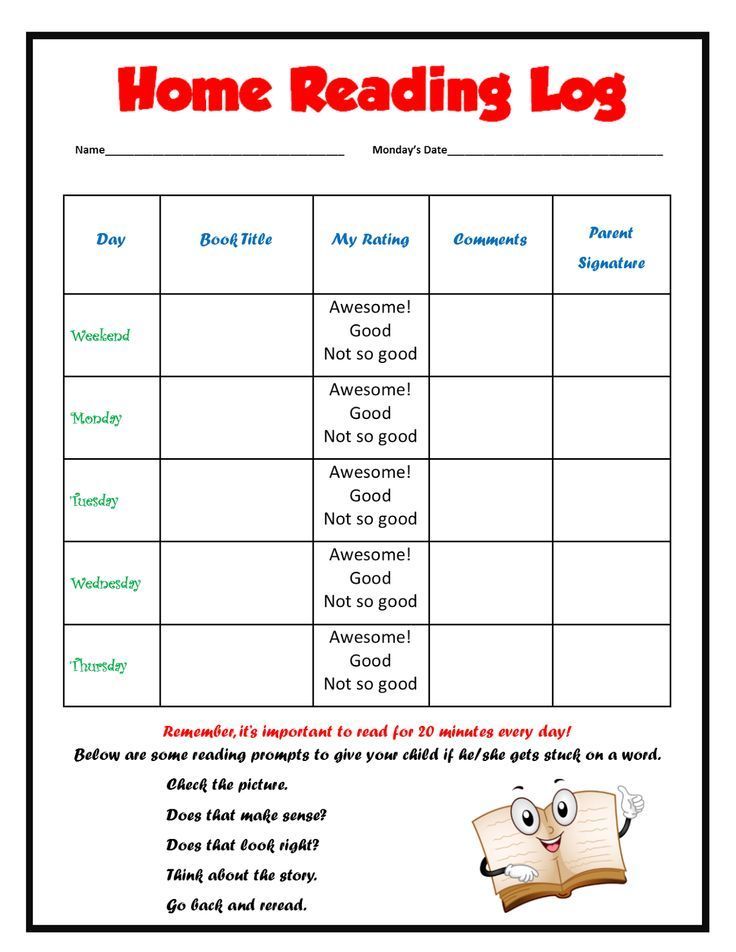 Try to find a quiet spot that allows them to not be distracted. Curling up in your lap in a favorite chair or in their room is a great way to help focus children on the book as well as show them you care.
Try to find a quiet spot that allows them to not be distracted. Curling up in your lap in a favorite chair or in their room is a great way to help focus children on the book as well as show them you care.
Make Reading Exciting
Try going to your local library to check out a book or a bookstore to buy some new children’s books. By bringing your child along to select new books, they will be more interested in engaging with them when you get home.
Ask Questions
No matter the age, interact with the book by asking questions. If you have a book that happens to have more words on the page then they will concentrate on, engage the child by asking questions about the pictures and what they think may happen next. Try asking open-ended questions to hear your child’s thoughts on what the book is talking about versus questions that can be answered with a simple one-word answer.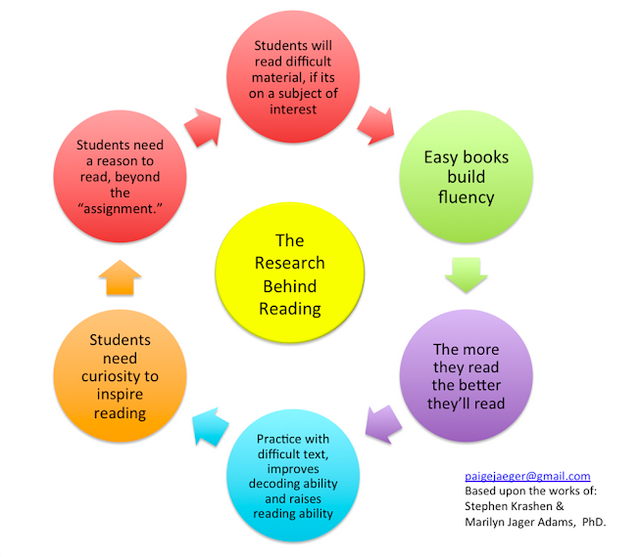
Learn How to Handle a Book
As ou read with a child, explain to them how to handle and book and how to read it. Point to the words as you read them aloud so that children can learn that you read books moving from left to right one line at a time. Teach them how the title of the books tells us what it is about and how to turn the pages softly.Taking care of books properly is an important skill for a young reader to have!
Read About Things They Love
More than anything, reading should be fun! Choose books on topics that your child is passionate about. If they are into robots, dinosaurs, princesses, trains, or animals, find books that fit those topics. By picking a book topic that interests your child, you will have very little issue in engaging them for short periods of time to look at the pictures and follow along as you read!
Remember that the goal for family reading time is to enjoy spending time together while your child accesses a wide variety of books and new words.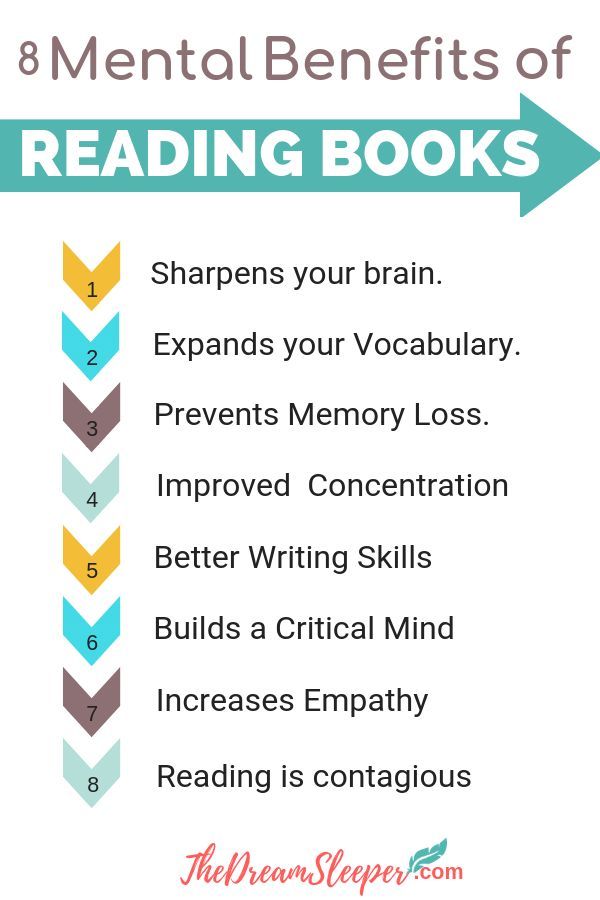 Even from a young age, children continue to hear and pick up new vocabulary words daily! Reading with you nightly is a key component in making sure your child has the literary foundation needed to be successful once they start kindergarten!
Even from a young age, children continue to hear and pick up new vocabulary words daily! Reading with you nightly is a key component in making sure your child has the literary foundation needed to be successful once they start kindergarten!
Reference: https://www.sciencedaily.com/releases/2019/04/190404074947.htm
Movies that Matter: Teaching Character Values with
Summer Safety Tips in Heat
Reading with Your Child | Reading Rockets
By: Bernice Cullinan, Brod Bagert
There is no more important activity for preparing your child to succeed as a reader than reading aloud together. Fill your story times with a variety of books. Be consistent, be patient, and watch the magic work.
It's no secret that activities at home are an important supplement to the classroom, but there's more to it than that. There are things that parents can give children at home that the classrooms cannot give.
Start young and stay with it
At just a few months of age, an infant can look at pictures, listen to your voice, and point to objects on cardboard pages. Guide your child by pointing to the pictures, and say the names of the various objects. By drawing attention to pictures and associating the words with both pictures and the real-world objects, your child will learn the importance of language.
Guide your child by pointing to the pictures, and say the names of the various objects. By drawing attention to pictures and associating the words with both pictures and the real-world objects, your child will learn the importance of language.
Children learn to love the sound of language before they even notice the existence of printed words on a page. Reading books aloud to children stimulates their imagination and expands their understanding of the world. It helps them develop language and listening skills and prepares them to understand the written word. When the rhythm and melody of language become a part of a child's life, learning to read will be as natural as learning to walk and talk.
Even after children learn to read by themselves, it's still important for you to read aloud together. By reading stories that are on their interest level, but beyond their reading level, you can stretch young readers' understanding and motivate them to improve their skills.
It’s part of life
Although the life of a parent is often hectic, you should try to read with your child at least once a day at a regularly scheduled time.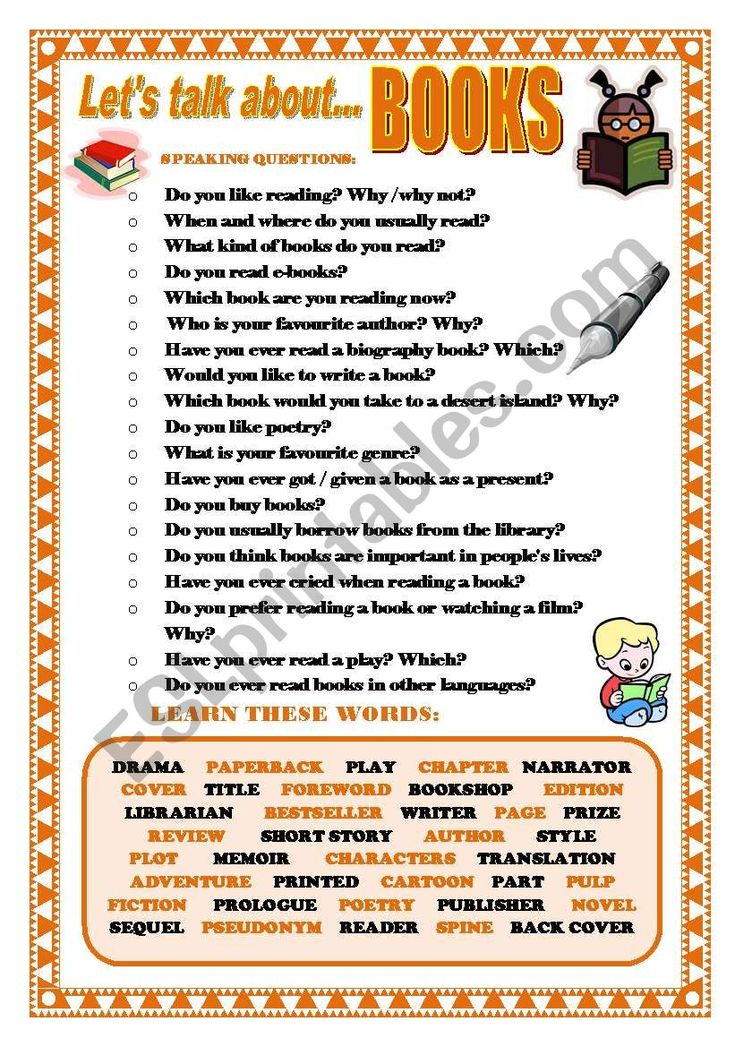 But don't be discouraged if you skip a day or don't always keep to your schedule. Just read to your child as often as you possibly can.
But don't be discouraged if you skip a day or don't always keep to your schedule. Just read to your child as often as you possibly can.
If you have more than one child, try to spend some time reading alone with each child, especially if they're more than two years apart. However, it's also fine to read to children at different stages and ages at the same time. Most children enjoy listening to many types of stories. When stories are complex, children can still get the idea and can be encouraged to ask questions. When stories are easy or familiar, youngsters enjoy these "old friends" and may even help in the reading.
Taking the time to read with your children on a regular basis sends an important message: Reading is worthwhile.
One more time
You may go through a period when your child favors one book and wants it read night after night. It is not unusual for children to favor a particular story, and this can be boring for parents. Keep in mind, however, that a favorite story may speak to your child's interests or emotional needs.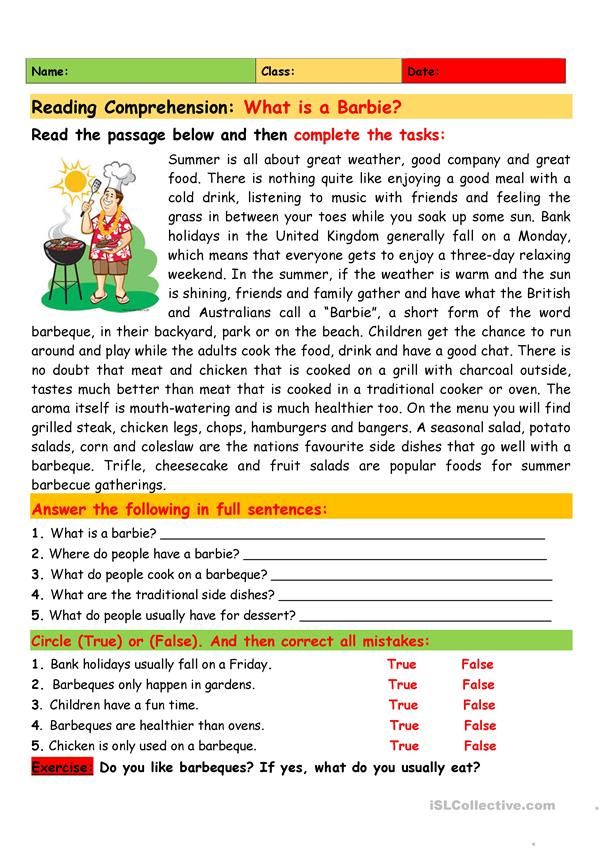 Be patient. Continue to expose your children to a wealth of books and eventually they will be ready for more stories.
Be patient. Continue to expose your children to a wealth of books and eventually they will be ready for more stories.
Talking about stories
It's often a good idea to talk about a story you are reading, but you need not feel compelled to talk about every story. Good stories will encourage a love for reading, with or without conversation. And sometimes children need time to think about stories they have read. A day or so later, don't be surprised if your child mentions something from a story you've read together.
Remember when you were very young
It will help, however, if we open our eyes to some things adult readers tend to take for granted. It's easier to be patient when we remember how much children do not know. Here are a few concepts we adults know so well we forget sometimes we ever learned them.
- There's a difference between words and pictures. Point to the print as you read aloud.
- Words on a page have meaning, and that is what we learn to read.

- Words go across the page from left to right. Follow with your finger as you read.
- Words on a page are made up of letters and are separated by a space.
- Each letter has at least two forms: one for capital letters and and one for small letters.
These are examples of hieroglyphics.
Imagine how you would feel if you were trying to interpret a book full of such symbols. That's how young readers feel. But, a little patience (maybe by turning it into a puzzle you can solve together) is certain to build confidence.
Advertise the joy of reading!
Our goal is to motivate children to want to read so they will practice reading independently and, thus, become fluent readers. That happens when children enjoy reading. We parents can do for reading what fast food chains do for hamburgers? ADVERTISE! And we advertise by reading great stories and poems to children.
We can help our children find the tools they need to succeed in life.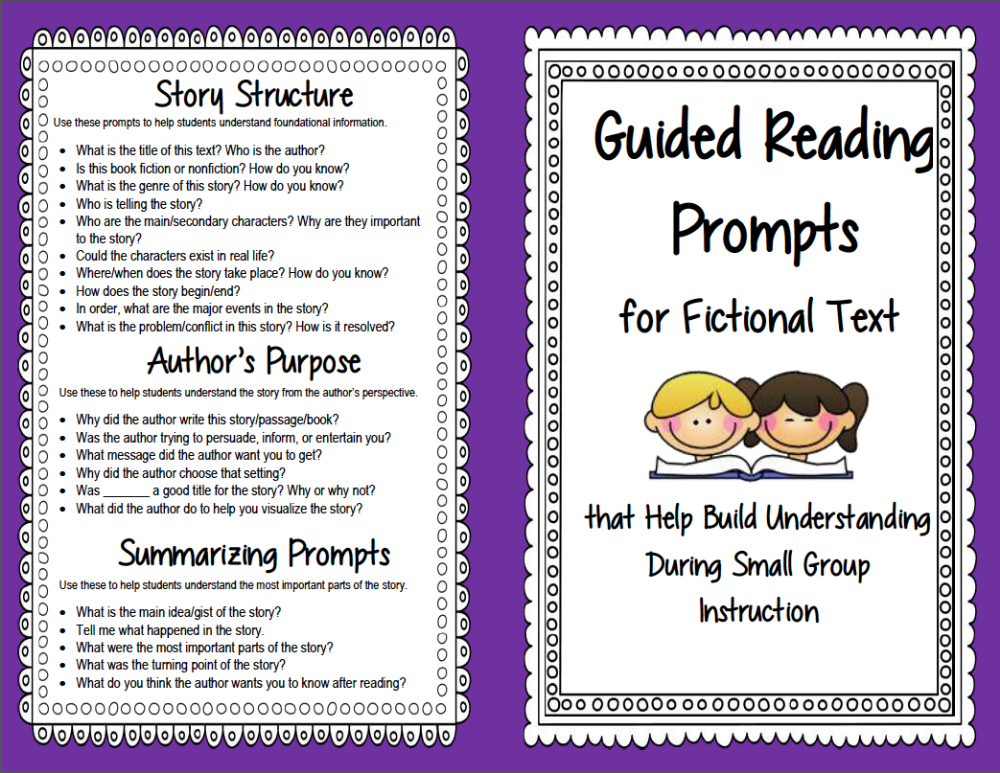 Having access to information through the printed word is an absolute necessity. Knowledge is power, and books are full of it. But reading is more than just a practical tool. Through books we can enrich our minds; we can also relax and enjoy some precious leisure moments.
Having access to information through the printed word is an absolute necessity. Knowledge is power, and books are full of it. But reading is more than just a practical tool. Through books we can enrich our minds; we can also relax and enjoy some precious leisure moments.
With your help, your children can begin a lifelong relationship with the printed word, so they grow into adults who read easily and frequently whether for business, knowledge, or pleasure.
Why reading books is so important for a person (July 11, 2020)
July 11, 2020, 2:14 pm
Every city, no matter how small, has libraries and bookstores. They help to satisfy one of the most important human needs - the need for reading.
The benefits of reading books
The importance of reading is due to the fact that it develops thinking, enriches people with knowledge, helps to keep the mind active. From books you can learn a variety of information that cannot be found anywhere else.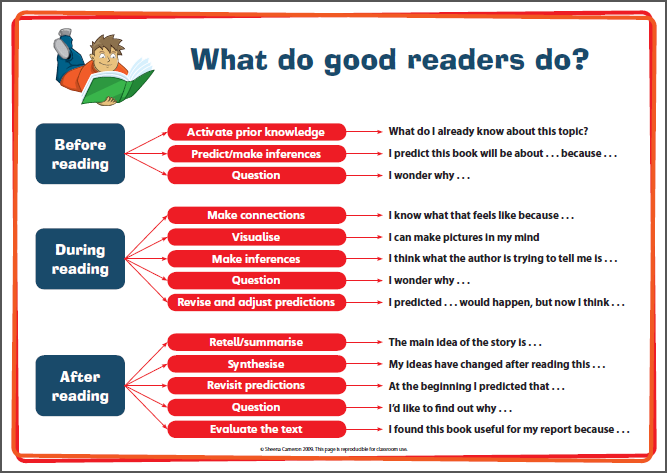 For many centuries, reading has remained the main form of leisure for many people, and even after the advent of radio, television and the Internet, books continue to be the most important source of information, and reading books is one of the most common pastimes. There are a number of reasons for this.
For many centuries, reading has remained the main form of leisure for many people, and even after the advent of radio, television and the Internet, books continue to be the most important source of information, and reading books is one of the most common pastimes. There are a number of reasons for this.
The main positive effects of reading books
Reading books not only provides people with entertainment and learning, but also many other benefits for their mental and physical well-being. At the moment, anyone can afford to read science fiction online or any other genre directly from the screen of any gadget. The popularity of applications for reading books online is growing every year.
Some of the most important benefits of reading books include:
- Brain training. In addition to the pleasure that reading books give people, it activates the area of the brain that is responsible for concentration and critical analysis, and stimulates cognitive functions.
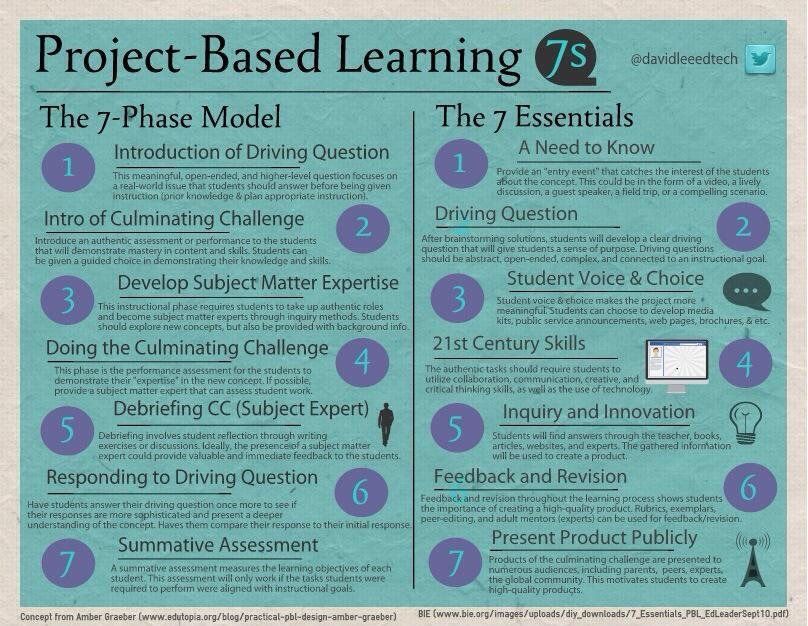 Just as muscles get bigger and stronger with regular exercise, reading develops areas of the brain that control thinking.
Just as muscles get bigger and stronger with regular exercise, reading develops areas of the brain that control thinking. - Enrichment of the lexicon. While reading books, a person comes across words whose meaning he understands vaguely or does not understand at all. To find out their meaning, the reader turns to paper or electronic dictionaries. The learned words are gradually integrated into the everyday vocabulary used by a person, and soon he begins to use them in life.
- Getting rid of tension and stress. Many people have experienced first hand that reading is a great form of entertainment, but they may not realize that reading also helps reduce stress. This occupation and concentration on the written word relieves the mind of anxiety and everyday worries. While reading, a person is mentally transferred to another world and relaxes. Since stress can significantly worsen the state of health, reducing its level improves not only mental but also physical well-being.

- Reading helps fight depression. There are many self-help books out there that offer advice on how to improve your mental state. However, even without following these recommendations, reading itself stimulates the area of the brain responsible for overcoming depression. After reading funny stories, there is a feeling of happiness, and the mood improves. Of course, this method does not allow you to get rid of all psychological problems, but it reduces the negative effect of prolonged depressive states, similar to the effect of an anesthetic drug on the body.
- Strengthening memory and attention. In the process of reading books, a person remembers their content. This stimulates the area of the brain responsible for memory management. To ensure this effect, a person must concentrate on the text of the book, otherwise he will not be able to remember even what is written on the previous page.
- Development of writing skills. Almost all famous writers are also avid readers.
 Reading other people's books helps them to adopt different styles and artistic techniques, increasing their level of skill.
Reading other people's books helps them to adopt different styles and artistic techniques, increasing their level of skill. - Improving the quality of sleep. Reading alone does not help a person fall asleep, but it improves the quality of a night's rest. By reducing stress through reading, it helps you relax and fall into deep sleep. If you set aside a certain time for reading before going to bed, then you can ensure yourself a peaceful night's rest, especially after a hard day's work. To do this, it is not necessary to spend a long time reading a book, it is enough to read just a few pages.
- Expanding horizons. Books help you look at many things from a new perspective. For example, studying the traditions of a certain culture allows you to understand its differences from your own culture. A person may not agree with some of its manifestations, but he will still perceive them in a new way. In the absence of other points of view, people tend to think in the same way, which is based on their upbringing.
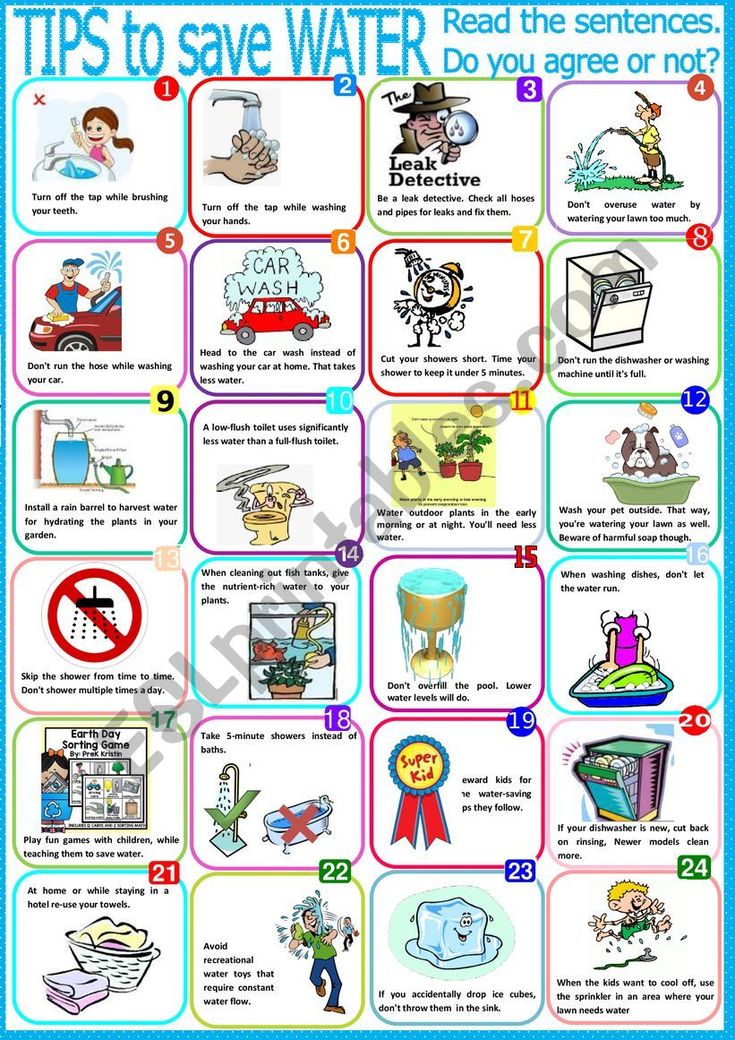 The person reacts and acts as he was taught in childhood. He looks at the world from the point of view of his individual experience and is fully convinced that only his point of view is correct. Books help people to see many things in a different light, abandoning the right/wrong dichotomy. Reading helps to significantly expand the horizons of their ideas about the world around them.
The person reacts and acts as he was taught in childhood. He looks at the world from the point of view of his individual experience and is fully convinced that only his point of view is correct. Books help people to see many things in a different light, abandoning the right/wrong dichotomy. Reading helps to significantly expand the horizons of their ideas about the world around them.
Advertising
Partner news
Media news2
#10
Read or subscribe First month free From 120 rubles
Librarian's conversation with parents of children of preschool and primary school age - Vladivostok Centralized Library System
Library No.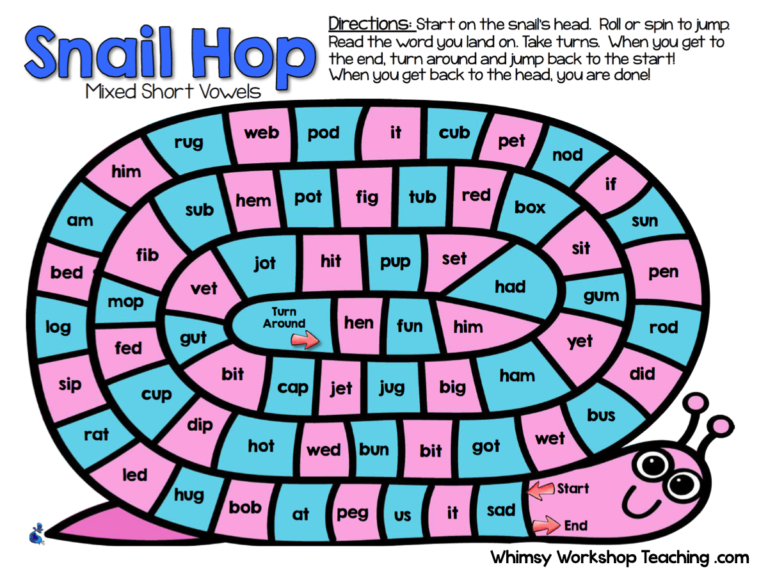 17 planned in April-May this year. organize conversations “The role of family reading in introducing a child to a book” at parent meetings of kindergarten groups No. 30 and No. 187, as well as 1 “C” and 2 “B” classes of secondary school No. 68.
17 planned in April-May this year. organize conversations “The role of family reading in introducing a child to a book” at parent meetings of kindergarten groups No. 30 and No. 187, as well as 1 “C” and 2 “B” classes of secondary school No. 68.
We are holding an online meeting and we give material for these parents, guiding them in this matter, as well as for all interested parents in raising a reading child.
The importance of reading in a person's life is so obvious that each of those sitting in the hall would certainly like his child to love reading. It is at preschool and primary school age that it is determined who will be a reader in the future and who will not. Therefore, at this age level, it is especially important to introduce the child to the golden fund of a children's book.
Unfortunately, in our age of information, the attitude of children to books has changed, interest in reading has begun to decline. According to numerous studies, already at preschool age, children prefer watching TV and video products and playing computer games to books. As a result, schoolchildren do not want to read, their academic performance decreases, because children still at preschool age have not learned to listen and process the information received.
As a result, schoolchildren do not want to read, their academic performance decreases, because children still at preschool age have not learned to listen and process the information received.
The ability to carefully “digest” information in the brain and analyze it can only be developed through reading books. Reading information is better remembered. On the page you can stop, think, reread it. Retelling teaches to analyze the text, to treat it critically. Reading develops the imagination: the child himself represents the characters, and does not accept the image created by others.
Thus, it is necessary to introduce the child to book culture from preschool age. To educate an attentive listener who knows how to accept the necessary information, process it.
It's no secret that the desire to read, a strong interest in reading is formed in the family and its basis is the child's habit of reading. Early age is an auspicious time to develop in your child a love of books and reading.
It is impossible to instill a love of reading all at once and suddenly. This is a long process that requires constant work and a lot of patience. A qualified reader, as historical experience shows, is formed only in the conditions of a group of readers of different ages, with the participation of an adult:
- Reading by an adult to himself in the presence of a child.
- Reading with him.
- Joint experiences caused by the work.
- Discussion read.
All this ultimately contributes to the beginning of the literary education of the child-reader.
And if parents are literate and thinking people, then they will be the first to start working on shaping the child's interest in books. How can they do it?
Here are some tips for parents (from the book by W. Williams "The negligent reader. How to develop and maintain the habit of reading in children"):
- Enjoy reading yourself (quote, laugh, memorize passages, share what you read…).
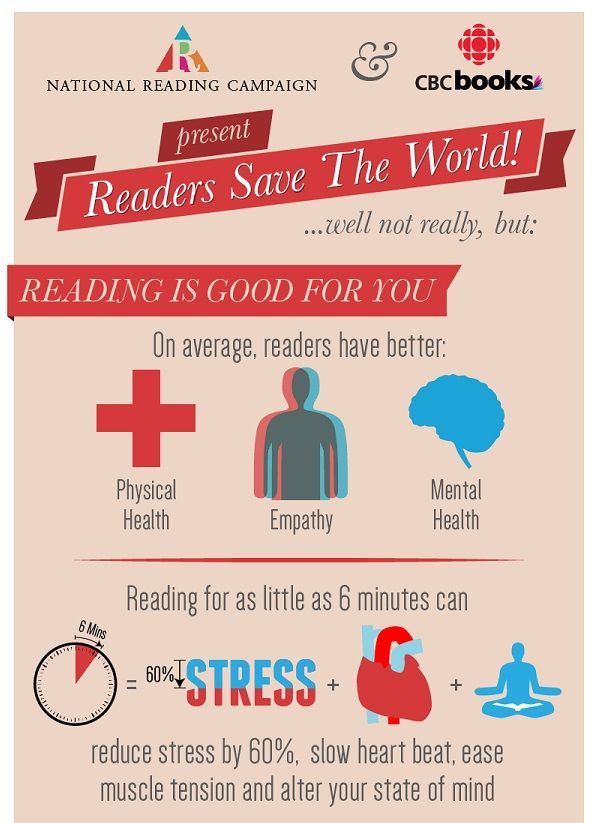
- Read aloud to children from an early age. Do not replace true acquaintance with the book by listening to audio recordings of fairy tales.
- Take your children to the library and teach them how to use its collections.
- Show that you appreciate reading: buy books, give them yourself and receive them yourself as a gift.
- Make reading fun by showing that books are full of great ideas that children can use in their lives.
- Let the children choose their own books and magazines.
- Subscribe to magazines for the child (in his name), taking into account his interests.
- Have the child read aloud to small children or to someone in the household.
- Encourage reading (allow staying up to read).
- Play board games that involve reading.
- There should be a children's library in the house.
- Collect books on topics that will inspire children to read more about it (books about dinosaurs, space travel, etc.
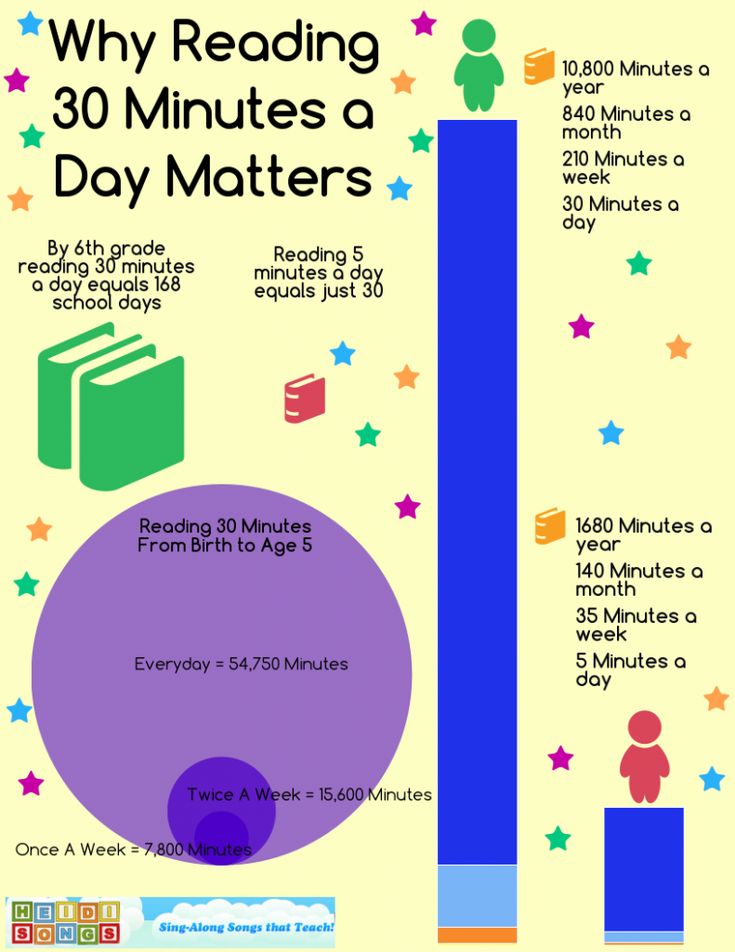 ).
). - Invite the children to read the book the movie is based on before or after watching the movie.
- If the children have watched an interesting TV show, get a book on the subject.
- Set up a home theater: read by roles using costumes and props.
- Ask your children often about the books they read.
- It is better for children at first to read short stories, and not long stories: then they will have a feeling of completeness and satisfaction.
It is worth dwelling on the approach to reading aloud. Firstly, you should try to choose books on topics that are interesting to your child, and not what seemed interesting to you as a child, or what is customary to read to children, and you think is appropriate - Russian fairy tales, poems by recognized writers, familiar to you from an early age. childhood, stories that seem instructive and useful to you, but the child is not interested at all, etc.
In addition, how to read aloud matters.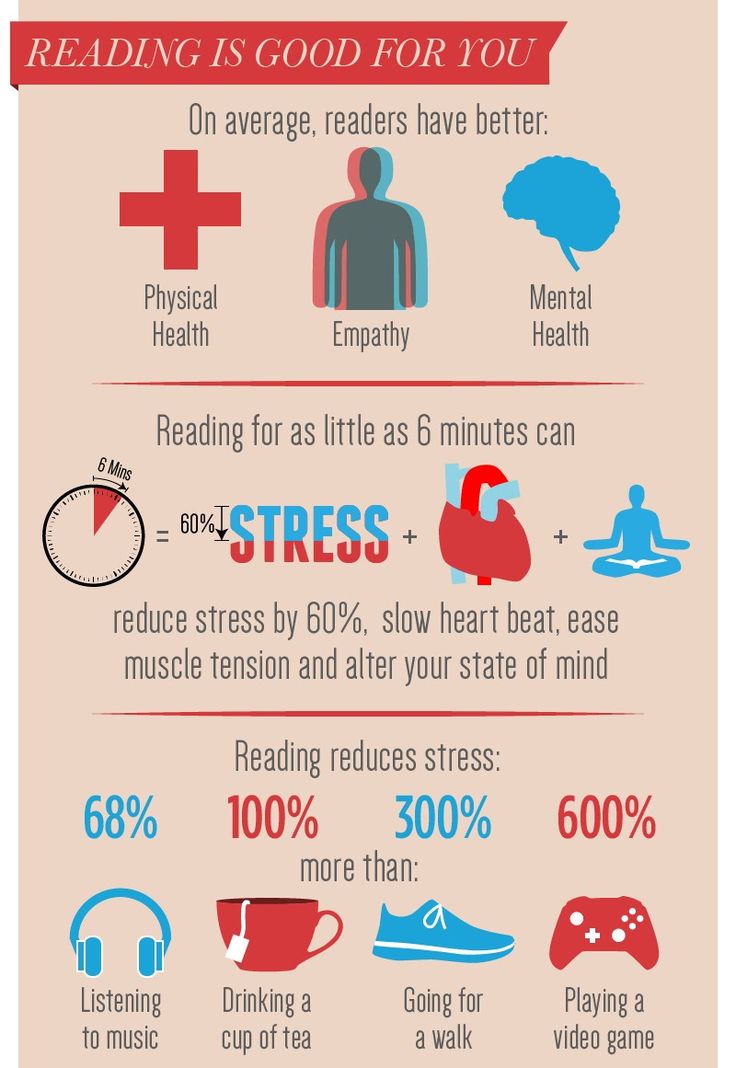
Do not be too persistent, academic and follow all the rules of reading. Don't force anything! Doesn't want to listen to the end - no need to force. If the child is interested in what you are reading, he will definitely come back and ask to read the ending. Even if at the moment he does not have the patience to sit and listen or have more important things to do. It is not necessary to read everything at once and in the correct order. If the child wants to “jump”, look at pictures, play with a book, let him do it! Let him get from the book all the pleasures he wants, and there will be no feeling that the book is when everything is boring and correct.
There is one more thing that can push a child away from reading aloud — if every time after finishing a book he is “interrogated” in detail about what happened there, with details, asked to describe, asked a lot of questions. This is not easy for all children, sometimes you don’t want to do this. Reading turns from pleasure into a lesson.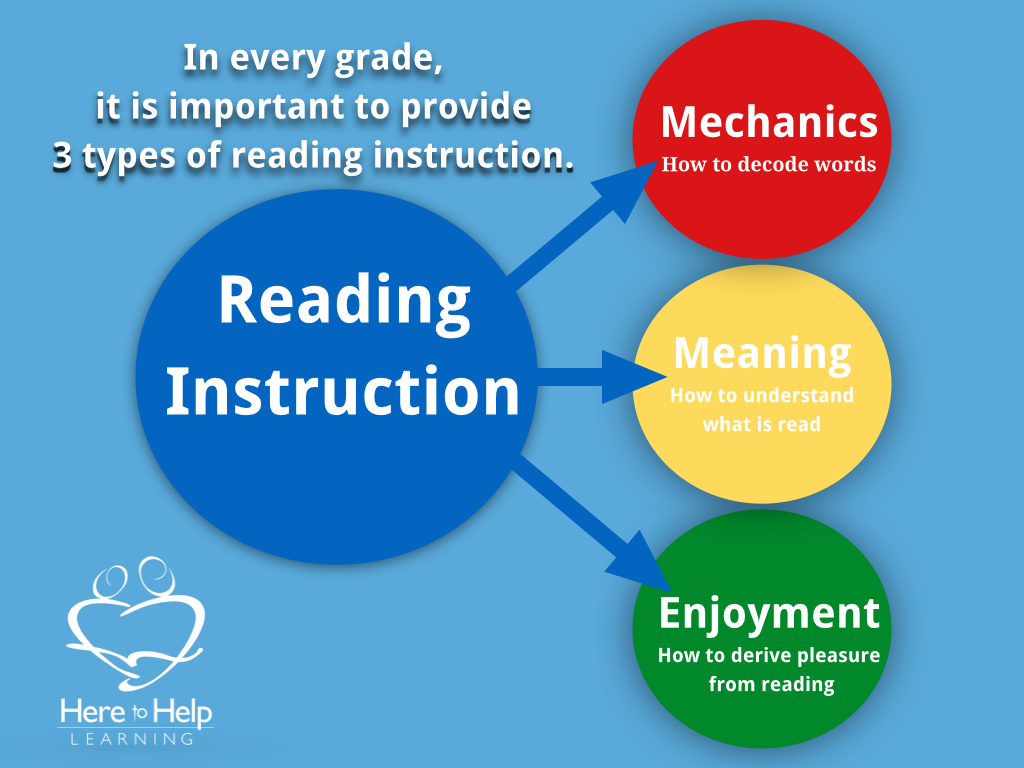
Give them the opportunity to “digest” what they heard, somehow figure it out for themselves, get impressions from reading, it is not at all necessary to put it into words right away.
There is no doubt that family reading is a means of spiritual communication with children. And if love and respect for the book reign in the house, then we can hope that the child will awaken interest in literature.
The tradition of family reading is very important in the system of family education. And do not think that it will become a thing of the past, because there is a TV, a computer and other sources of information. Family reading is not a way to get information and not a form of accumulation of knowledge. This is the most important and best way of communication and unobtrusive, indirect education, which is the most important and most effective.
It has been proven that if a child begins to hear expressive reading of texts written in good language early, then his own speech develops faster and becomes richer than that of people who hear only colloquial speech.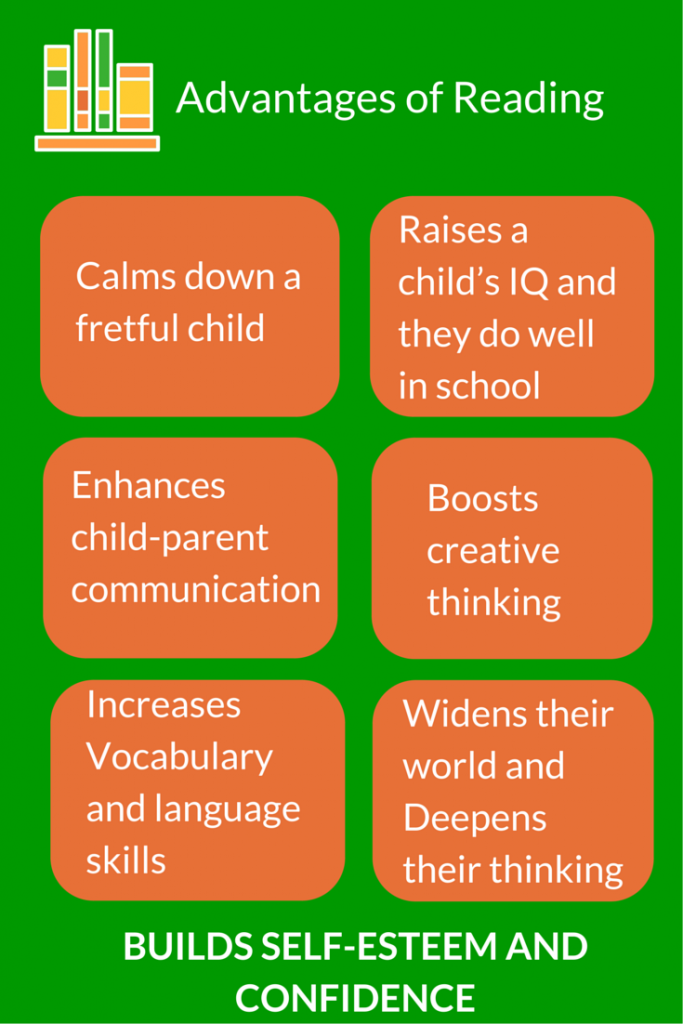
Family reading becomes an important part of the household when it becomes a ritual. For example, they read aloud when everyone has already gathered after a working day, after dinner or before going to bed. It is good if by that time the child has completed all current affairs (lessons, cleaning toys, washing, etc.). In anticipation of reading, these tasks, which often cause problems, will be easier. It is important not to turn reading into an instrument of reward or punishment. You should not say: “If you remove the toys, I will read it.” It is better to assume that they will be removed anyway, but "the faster you remove the toys, the more we will have time to read."
It is very important not to stop reading aloud when children have already learned to read. Firstly, independent reading at first is not an easy job for the child, and for a long time he will not be able to enjoy the plot moves and the language of the book, being absorbed in the reading process itself. Secondly, and most importantly, family reading is the most important moment of communication between children and parents, because it involves sitting next to each other (and tactile sensations are just as important for the development of kids as others), and empathy, and discussion.
When you have finished reading, invite your child to quietly think about what will happen next in the book. The next day, before reading, ask him to remind you of what was in the book yesterday and share how he imagines the development of the action. This helps the child to better understand the text and develops his speech and imagination.
Speaking of reading aloud, we should also mention audio books, which are very popular nowadays. There are audiobooks for children, audio fairy tales (as there were once gramophone records with fairy tales for children, only the repertoire available now is much wider), which many children listen to with great interest. If you don't have enough time for long hours of reading aloud, or if you don't feel like you have enough artistry, then this is a good way to teach your child to listen to books. You can also start a tradition of drawing "illustrations" for the story you hear. The main thing is to choose those books that are interesting to our listener.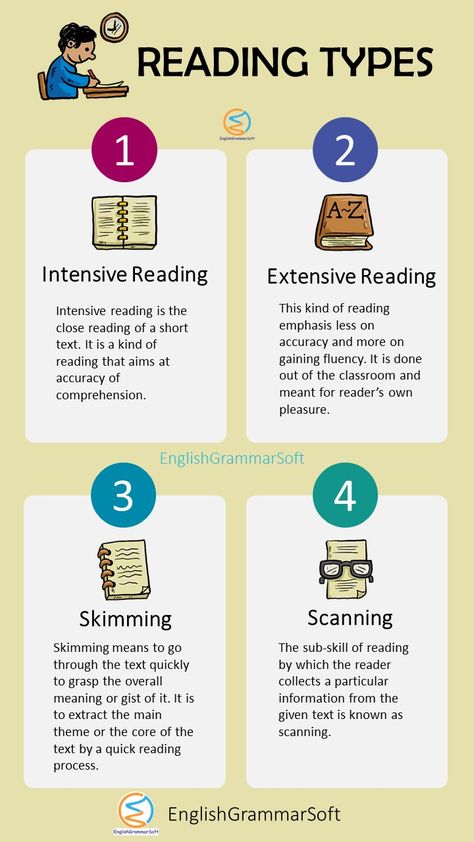
And here is the method proposed by the famous teacher Sh. Amonashvili.
Its essence is that Carlson gives advice on what to read. He sends him letters about which books he himself is crazy about. This "authoritative" opinion of the beloved hero has a positive effect. The child happily takes up reading, which Carlson himself loves.
The most important thing that parents can do is to advise their child to enroll in the library, and at first visit it with him.
And one more thing. When a child is sick, he needs more attention than a healthy child. Moreover, he needs a positive attitude. Reading a funny book together with a child will solve this problem.
Reading aloud to a child involves sitting side by side - tactile movements are important for a sick person.
Good book:
- Adds extra pleasure.
- Mobilizes the spiritual forces of the child.
- Beneficial effect on the emotional world of the child.
- Soothes and distracts from illness.
